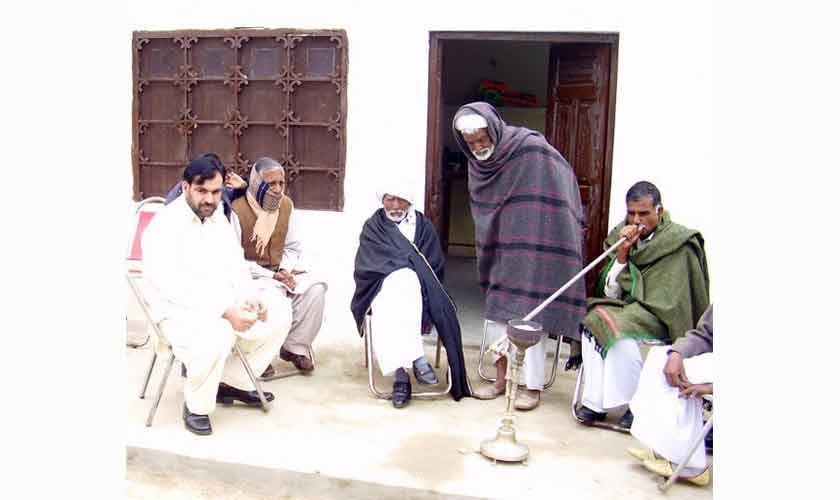Every year, tobacco use claims the lives of more than 160,000 Pakistanis. This staggering toll is driven by over 7,000 harmful chemicals found in tobacco—including tar, ammonia, benzene, and various carcinogens—that damage vital organs and cause cancers, strokes, and chronic respiratory illnesses.
Treating these preventable conditions costs at least 1.4 percent of Pakistan’s GDP each year, diverting valuable resources that could otherwise be allocated to essential sectors like education, healthcare, and infrastructure. Behind each statistic is a family coping with emotional and financial burden. Tobacco use is therefore not just a health problem, but a profound social, economic, and developmental challenge that demands urgent national action.
Yet, myths about tobacco remain deeply ingrained in Pakistani society. Hukka is often romanticized as a harmless social ritual, while naswar—a powdered tobacco dip—continues to be promoted as a headache remedy. In rural areas, it is common for women to gather in someone’s home to smoke hukka together. There is also a widespread misconception that light use—fewer cigarettes, occasional hukka, or small amounts of naswar—is risk-free.
Actually, even small amounts of tobacco products carry significant health consequences that should not be underestimated. Tobacco dependence rarely begins as a casual choice; it is often driven by stress, economic hardship, peer pressure, and the addictive properties of tobacco. Telling someone to “just quit” without offering support is like sending a ship to sea without a compass.
Many people either have never heard of nicotine patches, counseling hotlines, and support groups—or these resources are beyond their purchasing power. Culturally appropriate cessation programs that integrate behavioral counseling, peer-support networks, and affordable nicotine-replacement therapies—made accessible to every community, from cities to remote villages—are urgently needed.
Public health education will only succeed if it is rooted in communities and delivered by trusted local voices. Religious leaders, village elders, and teachers can dismantle myths and spark dialogue in ways that printed leaflets never could. Youth-focused workshops must be interactive, equipping young people to resist peer influence and challenge cultural norms that normalize tobacco use.
Frontline health professionals—including lady health workers—should have the capacity to offer cessation counseling alongside routine services, screen for tobacco use, and connect patients to support options. Civil society can mobilize volunteers to host neighborhood quit-tobacco circles, transforming quitting from a lonely struggle into a collective movement.
Current tobacco laws requiring graphic health warnings on packaging, bans on smoking in public spaces, and steep tax hikes have more potential than symbolic measures—they can, and do, save lives. For example, when Pakistan increased tobacco taxes by 150 percent in February 2023, cigarette consumption plunged by 19.2 percent, proving that higher prices discourage use.
However, inconsistent enforcement has dulled the impact of this policy. Regular inspections of cafes and shops, transparent public reporting of violations, and substantial penalties for offenders must become the norm rather than the exception.
Pakistan’s tobacco epidemic is neither inevitable nor insurmountable. With determined, culturally nuanced strategies and robust collaboration across sectors, we can reverse a trend that costs lives, compromises our economy, and stunts our future.
Every Pakistani deserves the chance to breathe freely, work productively, and watch their children grow in a nation that values life over addiction.
https://www.thenews.com.pk/tns/detail/1345108-a-silent-emergency
